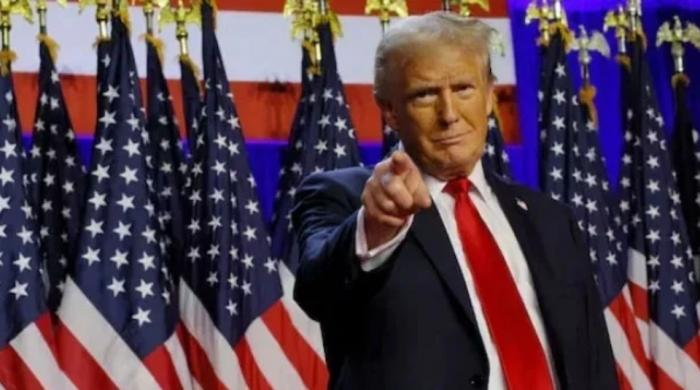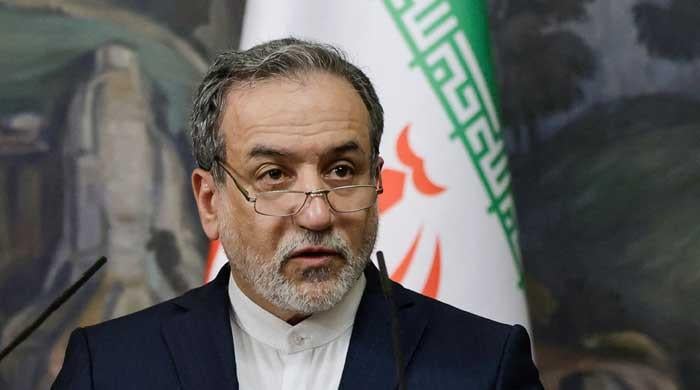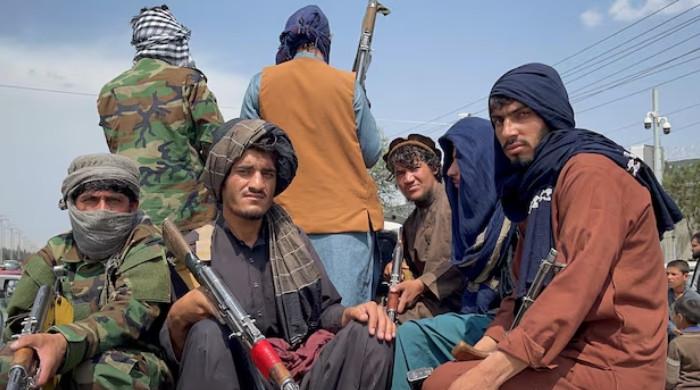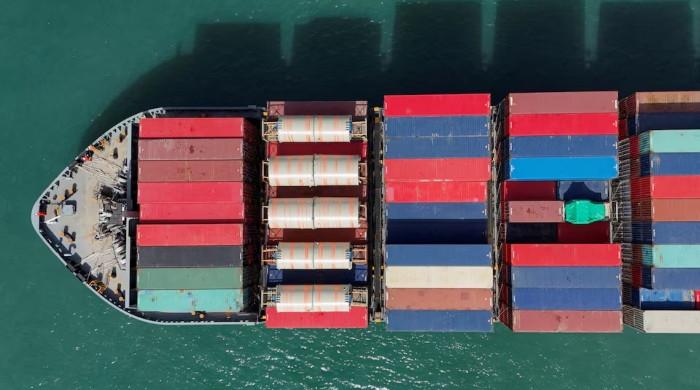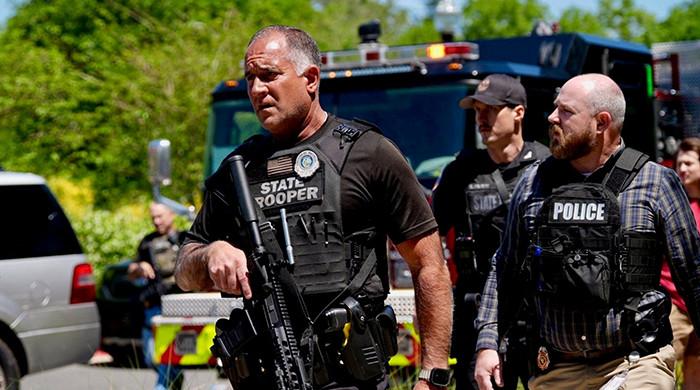Genocide Watch issues alerts over violence in occupied Kashmir, Assam
'Preparation for a genocide is definitely under way in India. […] The next stage is extermination — that’s what we call a genocide'
December 16, 2019
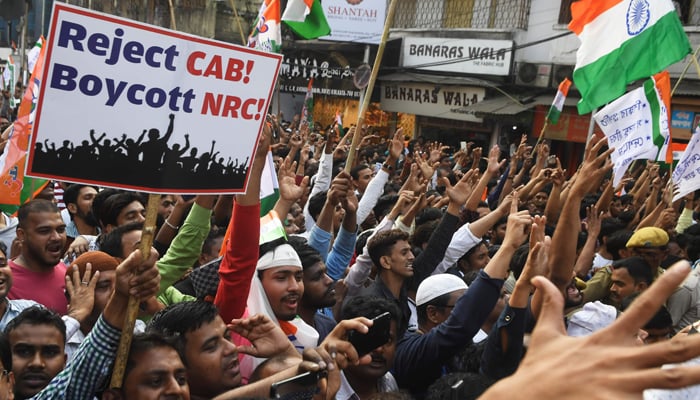
International watchdog Genocide Watch has expressed concern on the violence occurring in Indian-occupied Kashmir and, more recently, India's northeastern state of Assam.
Addressing the deliberate aggression taking place in India, Genocide Watch underscored in a statement the fears of genocide against Muslims living in both the regions.
India is just one step behind a full-fledged genocide, the international alliance said, adding that Prime Minister Narendra Modi exhibited all the signs of Hitler's Nazi regime. It also noted that ten steps the lead to total genocide, according to history, and India was already at the eighth one.
'Denial' of genocide
Of Genocide Watch's three alert levels — Emergency, Warning, and Watch — the watchdog has listed Kashmir and Assam at Watch. Explaining the 10th stage of genocide, 'Denial', it highlighted the Bharatiya Janata Party's (BJP) exclusionary Hindutva ideology, authoritarian military rule, and widespread human rights violations.
Related: India protests rage over 'anti-Muslim' law
It said: "Modi and BJP say their goals are to 'bring prosperity' and 'end terrorism'; they deny any massacres. No Indian Army troops or police are ever tried for torture, rape or murder. Modi’s takeover is popular in India.
"Genocide Watch calls upon the United Nations and its members to warn India not to commit genocide in Kashmir."
Genocide Watch also issued a Watch alert — declared when early warning signs indicate that a genocidal process is underway — for Assam "where millions of Bengali Muslims face losing citizenship status".
Also read: At least six dead as India protests rage over 'anti-Muslim' law
It called "upon the UN Secretary General, the UN Special Advisor on the Prevention of Genocide, the UN High Commissioner for Human Rights, and key UN member states to warn India not to strip citizenship from, imprison, and forcibly displace millions of Bengali Muslims, many of whom have lived their entire lives in Assam state, India".
'Next stage is extermination'
A day prior, Gregory Stanton — the founder of Genocide Watch also associated with the Alliance Against Genocide — had drawn parallels between Modi’s government and Germany under the Nazis, warning that Assam and occupied Kashmir were just a step away from extermination.
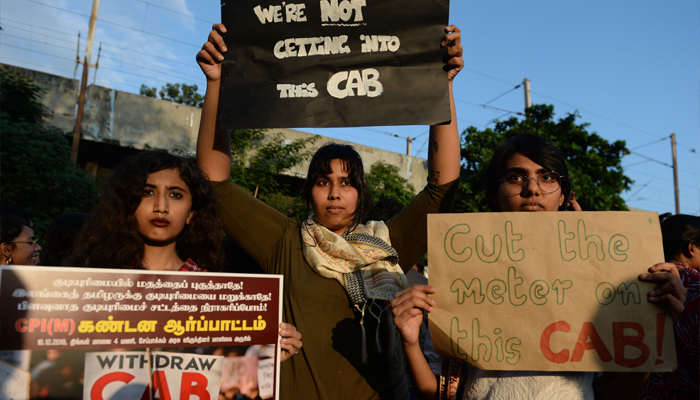
Addressing an audience on the Capitol Hill in Washington, he had said: "Preparation for a genocide is definitely under way in India. […] The next stage is extermination — that’s what we call a genocide."
Assam is witnessing the "construction of a pretext for expulsion" of Muslims, he had noted.
Hindu nationalist agenda
On Monday, fresh protests rocked India as anger grew over a new citizenship legislation, slammed as anti-Muslim, with six people dead in the northeast and up to 100 reported injured in New Delhi. Tensions escalated throughout Assam — especially its biggest city, Guwahati — with authorities slapping Internet bans and curfews to quell the unrest.
The law fast-tracks citizenship for non-Muslim migrants from three neighbouring countries but critics allege it is part of the Hindu nationalist agenda of Modi and his BJP to marginalise the 200 million Indians who follow Islam.
Read more: India restores incoming SMS in occupied Kashmir, mobile Internet still cut
Separately, more than 130 days have passed since August 5 when India stripped the special autonomous status of occupied Kashmir, throwing the Himalayan region into darkness with a communications blackout, which included cutting landlines, mobile phones, and Internet access.
As of December 11, Indian officials has said millions in the restive Muslim-majority region would be able to receive service messages, including one-time passwords from financial institutions.
They would, however, still be unable to send messages, the officials added.
Related:
Indian Army deployed to curb protests over 'anti-Muslim' citizenship law
Japan PM might cancel India trip as protests cripple Assam
Kashmiris disappearing from WhatsApp as India keeps up internet blockade





